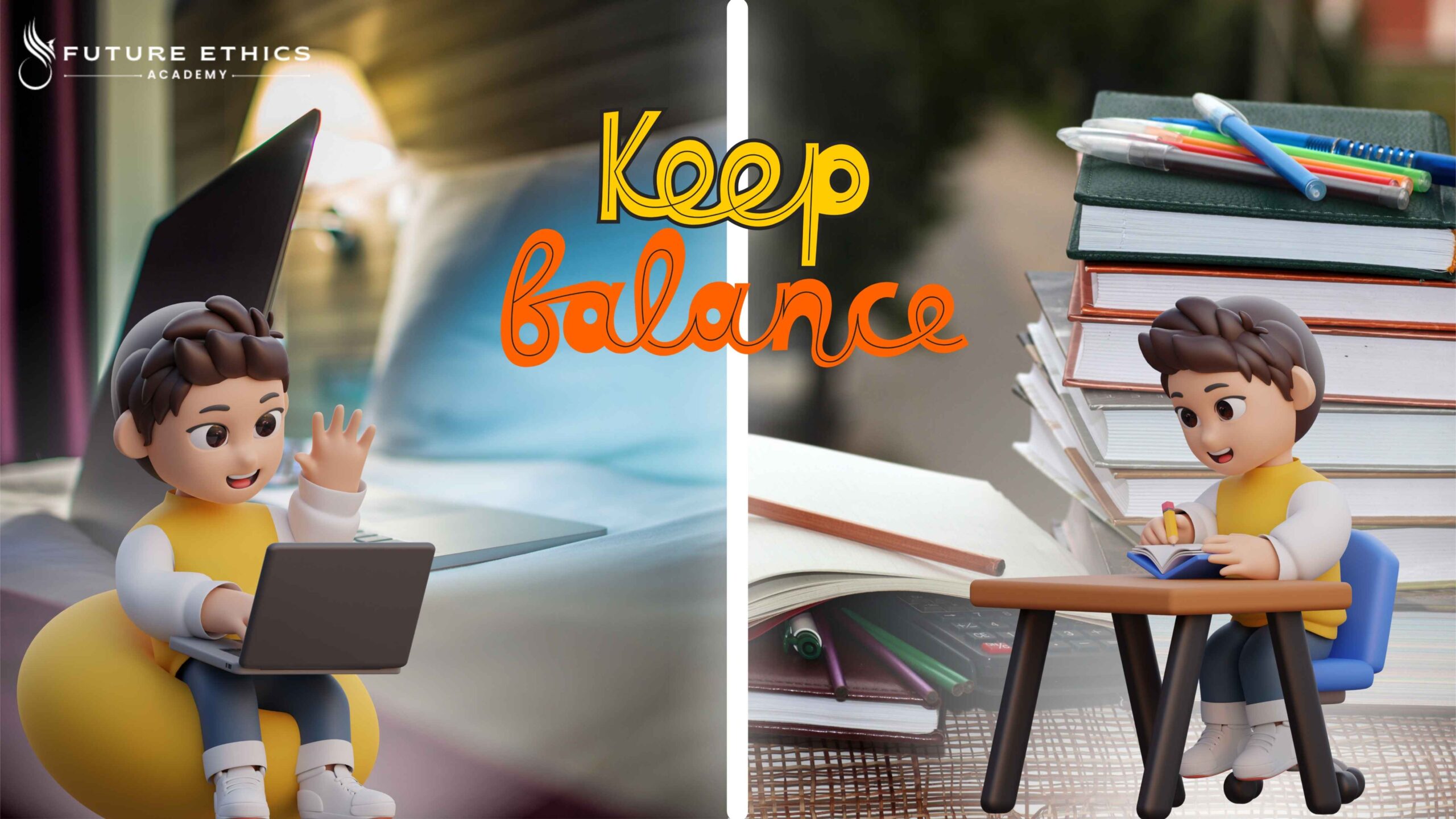Let’s be honest, screens are everywhere. From online classes and homework to chatting with friends or watching videos, students today spend a huge part of their day in front of devices. While technology has opened amazing doors for learning, too much screen time can quietly eat into your focus, energy, and even your grades. The challenge isn’t about cutting screens out completely, it’s about finding the right balance.
Why balance matters
When you spend hours glued to your phone or laptop, your brain gets overloaded. This can reduce concentration and make studying feel harder than it actually is. Plus, late-night scrolling keeps your mind awake, which means less sleep and less energy for school the next day. On the flip side, when you set healthy limits, you give your brain the space it needs to recharge and perform better.
Healthy digital habits students can try
- Use time blocks: Study for 30–40 minutes, then take a short 5-minute break away from your screen.
- No screens before bed: Blue light from devices tricks your brain into thinking it’s still daytime, making it harder to fall asleep.
- Keep study and fun separate: Try not to mix homework with social media or gaming, it’s like trying to run two races at once.
- Try digital tools wisely: Time management apps or “focus timers” can help you stay on track without completely ditching tech.
Making balance real in daily life
Think of screen time like your diet, you need the right portions. A little entertainment is fine, but studies and rest should be the main course. By creating small, consistent habits, like putting your phone away during study hours, you’ll notice a big difference in your productivity and focus.
A global perspective
In countries like Canada and Dubai, schools are already encouraging students to build digital discipline alongside academics. While technology is celebrated for making learning easier, teachers and parents also highlight the importance of unplugging, so students don’t lose touch with creativity, focus, and personal growth. Some countries are even adding lessons on digital well-being to their curriculum, showing how important this balance really is.
Final thought
Screens are powerful tools, but only when you are in control of them. By practicing healthy digital habits, you’re not just protecting your grades, you’re also building life skills that will keep you sharp, balanced, and ready for the future.
